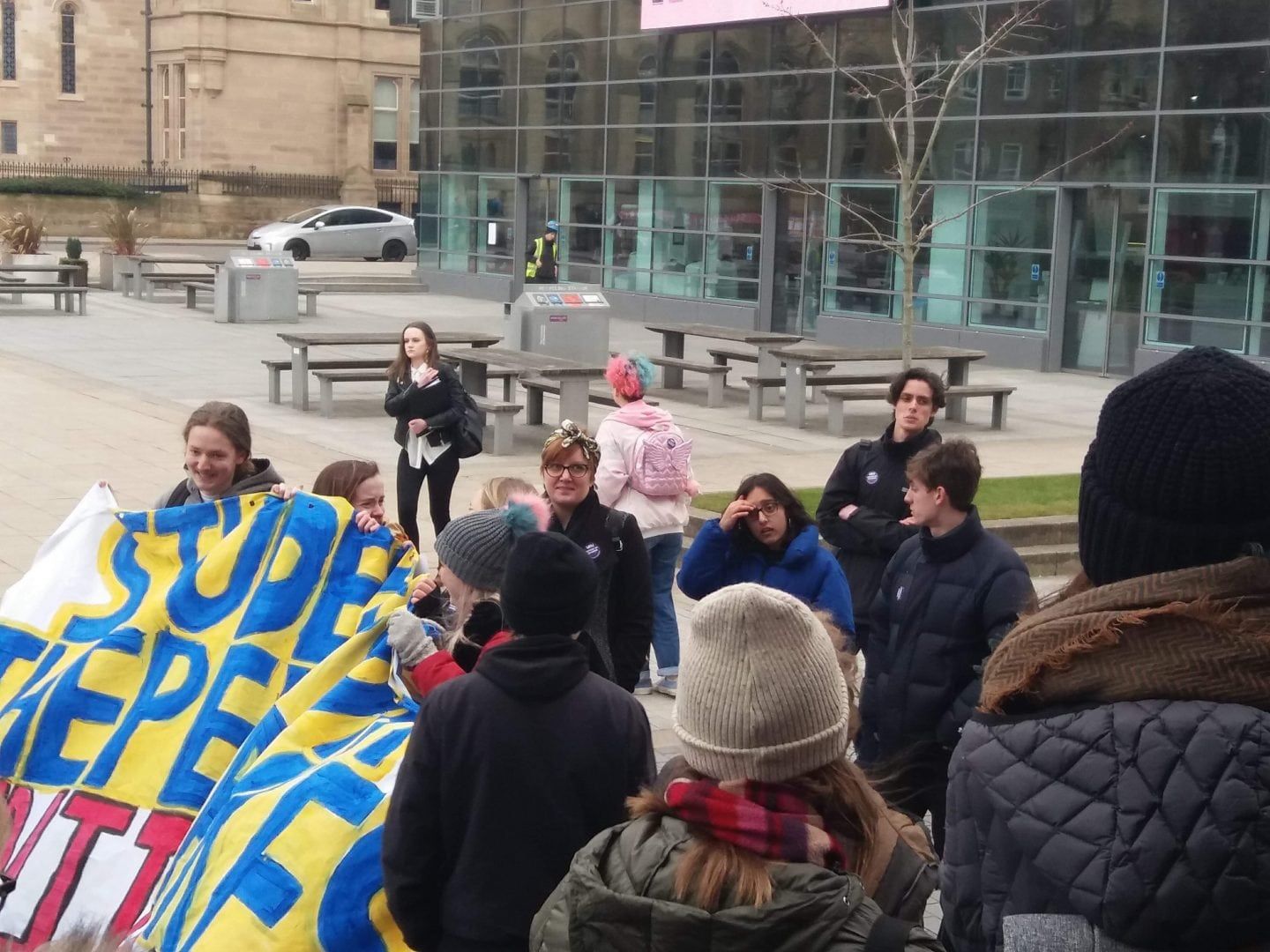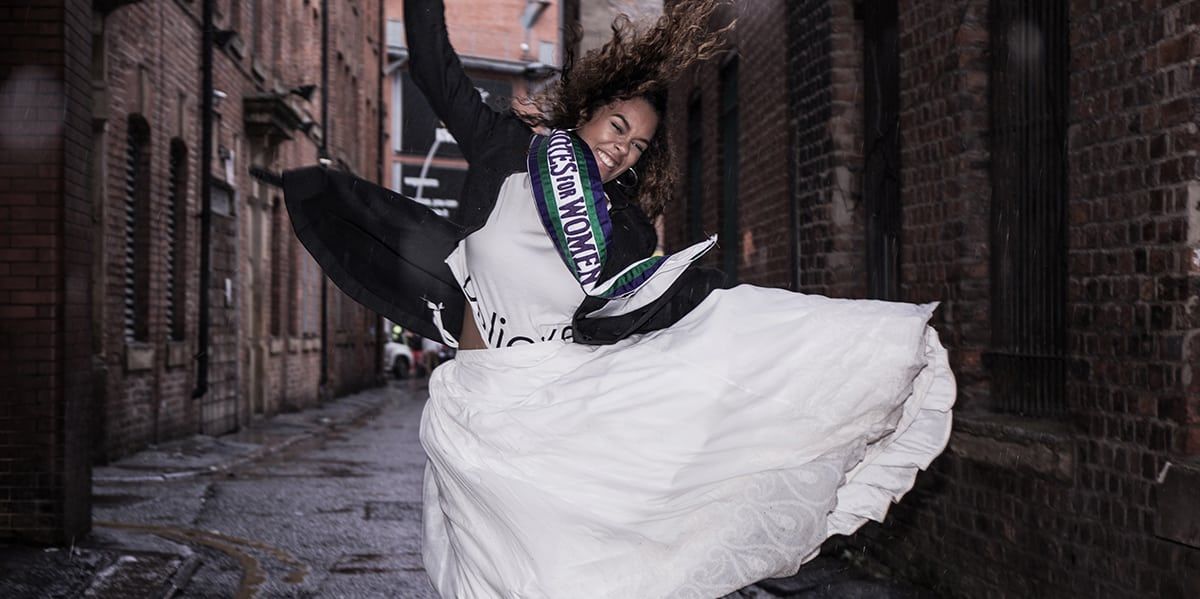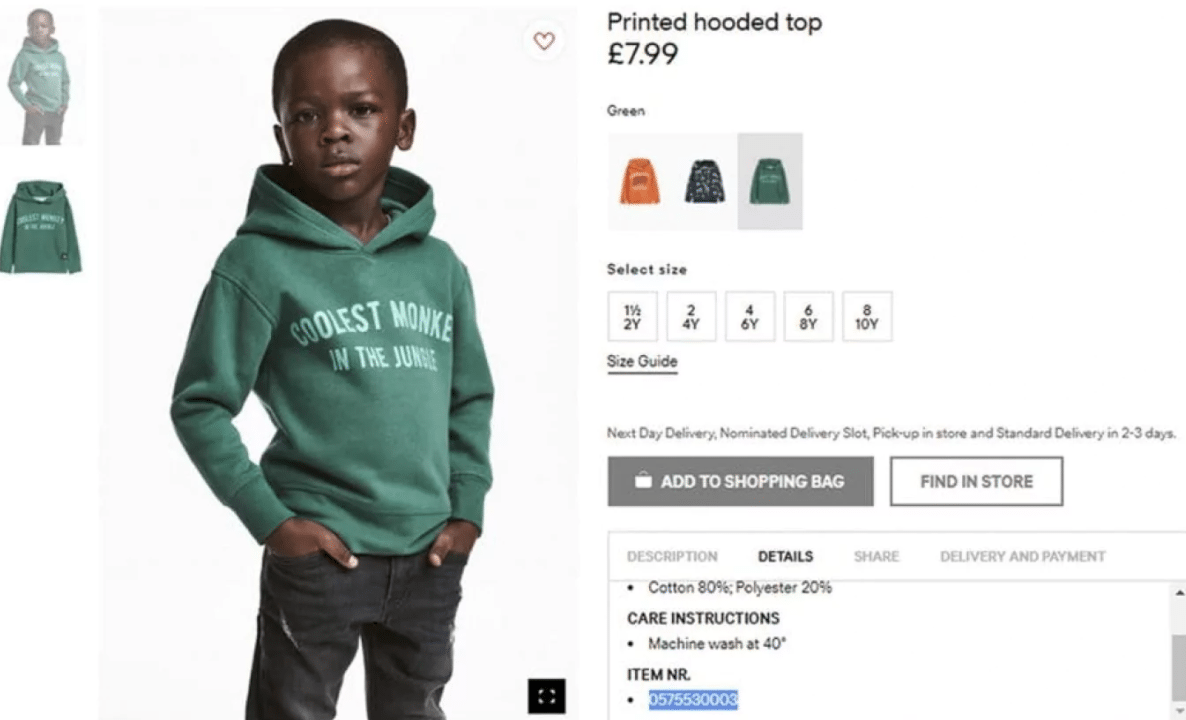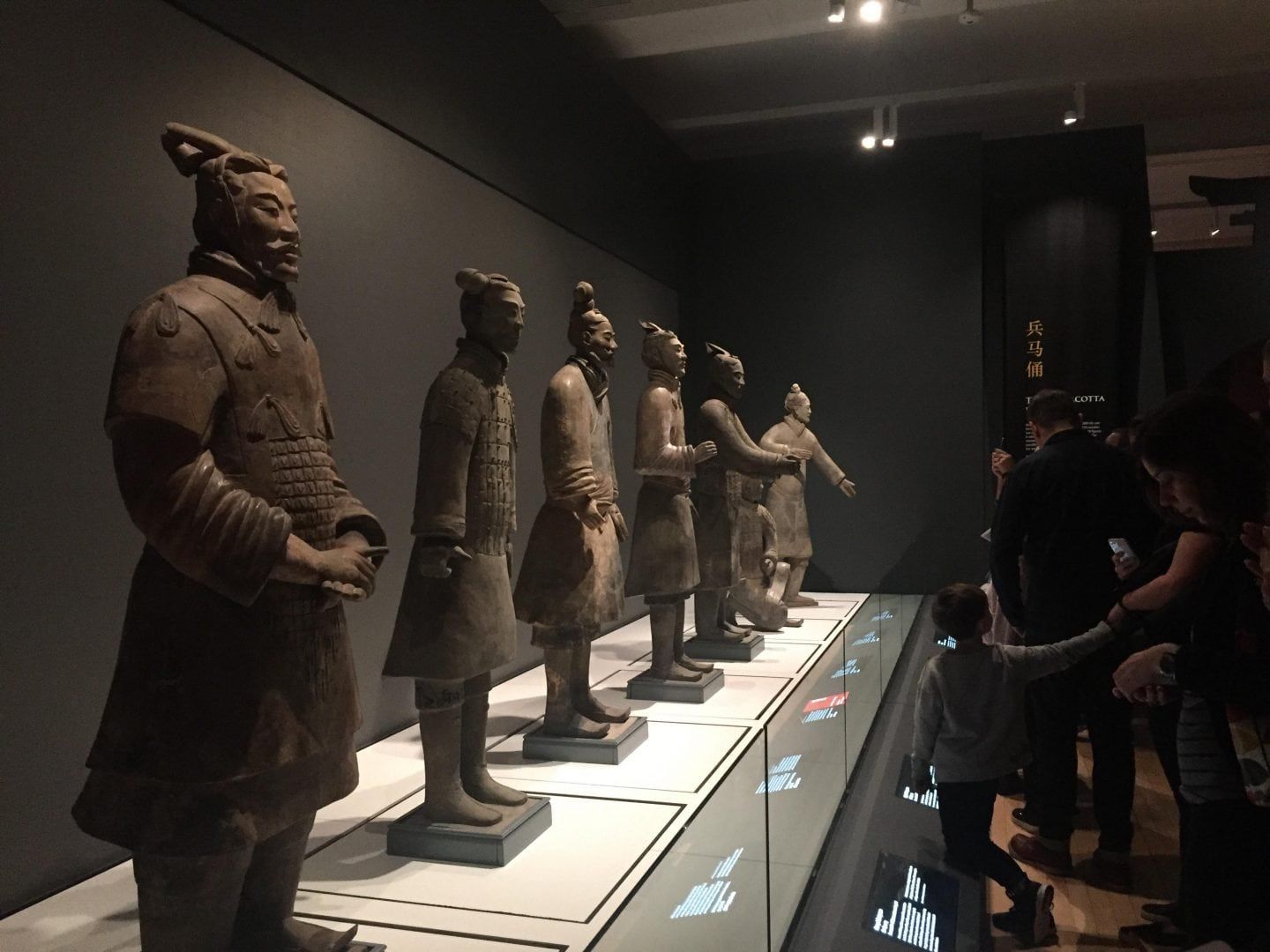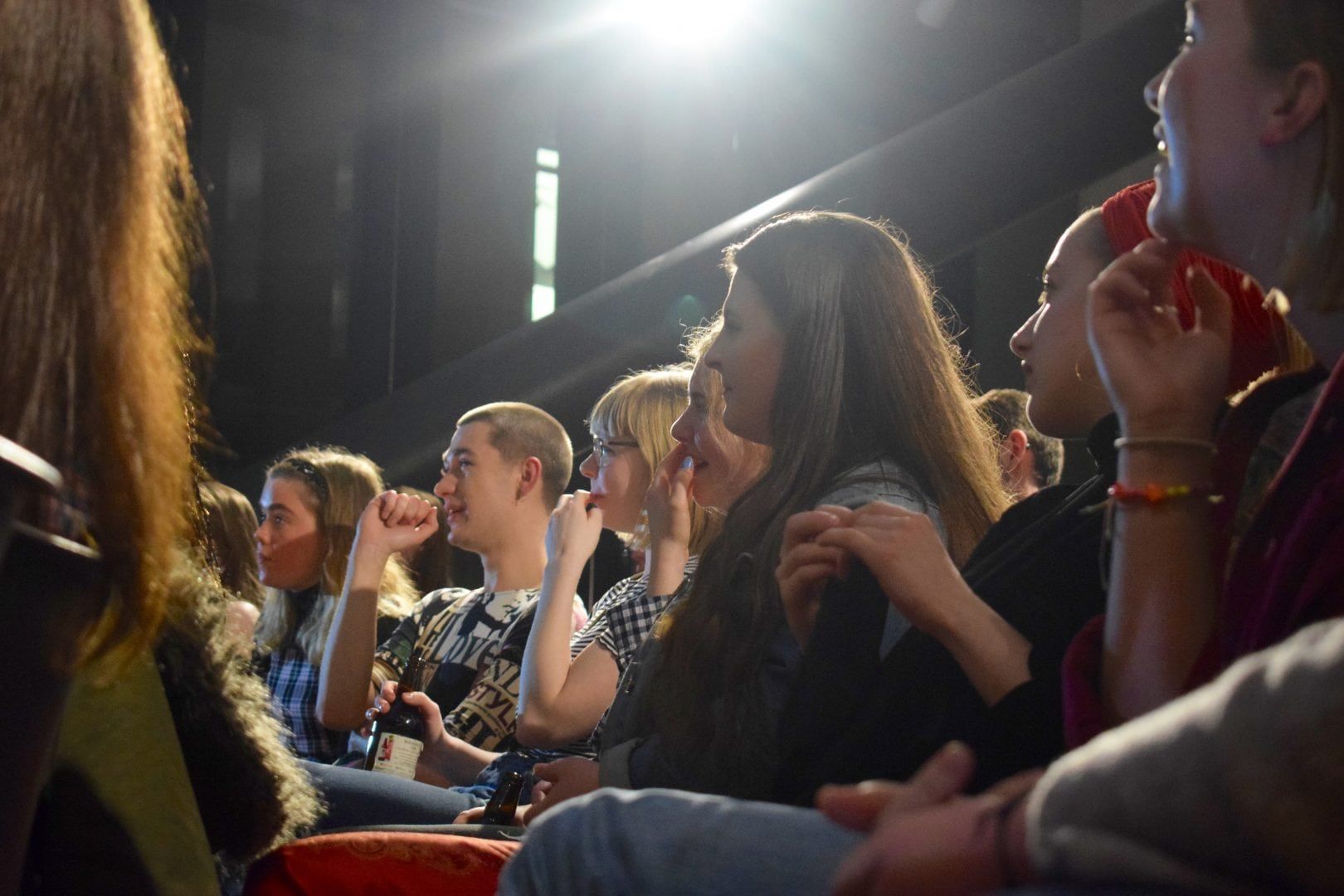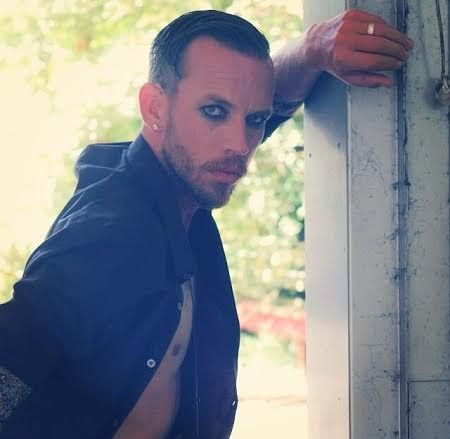Universities warned strike action could affect summer exams
University and College Union (UCU) strikes which are planned across the country could be extended to affect students’ summer exams and graduation ceremonies.
Sally Hunt, the UCU’s general secretary, has warned that strike action may be escalated if negotiations between the UCU and the employers’ representative Universities UK (UUK) do not reopen. The current industrial strikes are set to take place over the course of fourteen days across February and March. It is estimated that a total of 40,485 students at the University of Manchester will be affected by the strike action.
Speaking to The Mancunion, Hunt explained: “We deliberately announced these strike dates to give universities time to come back round the table with us and get this mess sorted out. They have refused to do so and want to impose their reforms on staff.
“Unsurprisingly staff are angry and significant disruption on campuses across the UK now looks inevitable.
“The key is how universities react to the action this week. We will be meeting on the 2nd of March to consider what wave two of the action may need to involve and nothing is off the table at this stage. We doubt any universities want a prolonged dispute that carries on towards exam season and would urge vice-chancellors to put pressure on Universities UK to get back round the table with us.”
The UCU is the main academic union in the UK, representing over 100,000 lecturers. Their dispute with UUK centres around proposed changes to academics’ pensions, which the UCU claim could see a typical lecturer almost £10,000 a year worse off in retirement than under the current pensions scheme. Strike action was supported by an overwhelming majority of 88 per cent of members in a recent UCU ballot.
Whilst many students have expressed support for the strikes, there are also concerns over disruption to education. There has been strong support for petitions featured on Change.org and iPetitions calling for the University of Manchester to refund student fees, which have gained 5,100 and 679 signatures respectively.
Despite this pressure, last week the university refused to refund students as compensation for lost contact hours. A university spokesperson responded to the students’ refund requests by stating: “Since we charge a composite fee for our courses, we cannot reimburse for specific elements of missed teaching and assessment.”
In a letter to the university, third year English Literature student Lucy Kenningham conveyed her anger over the educational consequences of the strikes: “I’ll be examined on topics I have not been taught […] as well as the obvious upset of being deprived of the pleasure of attending some of my last seminars and lectures. I feel so let down by the university.”
Some students are finding themselves torn between sympathising with the academics and prioritising their education. First year English Literature student Amelia Mayall told The Mancunion: “Well I’m not totally against the strike action, I do understand and have empathy for the strikers. However, I have great concerns about how this will affect our studies and exams, as we will miss a big chunk of our (need I say) expensive lectures and seminars. We have seen pension reforms that have affected the civil service and NHS staff also, so they are definitely not being singled out.”
Others have blamed the university entirely, such as first year Physics student, Olivia Murray, who said: “Whilst I support the strike, I think it’s important that the university recognises the disruption they will cause to us.
“We’re under a lot of pressure to teach ourselves the work we missed, and we may be assessed on work we have not covered in our summer exams. I don’t think the university can continue to pretend the strikes won’t have an impact on our learning.”
Manchester Central MP Lucy Powell refused to deliver the annual Harry Street lecture at the University of Manchester because it clashed with the first day of the strikes. In a statement, she said, “I don’t cross picket lines,” and called on UUK to get back round the table with the union.
UCU regional official Martyn Moss said: “Nobody wants to take strike action, but staff feel they have no choice. These hard-line proposals would slash staff pensions and are simply uncalled for.” However, a spokesperson for UUK argued that “The changes proposed will make the scheme secure, and sustainable, safeguarding the future of universities. University staff will still have a valuable pension scheme, with employer contributions of 18 per cent of salary, double the private sector average.”
The University of Manchester have been contacted for further comment.
